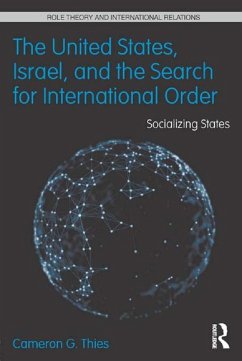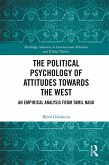How do emerging states become full, functioning members of the international system? Cameron G. Thies develops a theoretical approach to understanding how states socialize each other into and out of different roles in the international system, such as regional power, ally, and peacekeeper. The concept of state socialization is developed using role theory, a middle-range theory developed in the interdisciplinary field of social psychology. The foreign policy histories of the U.S. and Israel are analyzed using this theoretical approach to show how international social pressure has affected the kinds of roles they have adopted throughout their histories, as well as the kinds of roles that they have not been allowed to adopt. By considering the effects of international socialization attempts on their foreign policy behavior, Thies shows the well-known cases of the U.S. and Israel in a new light.
Dieser Download kann aus rechtlichen Gründen nur mit Rechnungsadresse in A, B, BG, CY, CZ, D, DK, EW, E, FIN, F, GR, HR, H, IRL, I, LT, L, LR, M, NL, PL, P, R, S, SLO, SK ausgeliefert werden.









